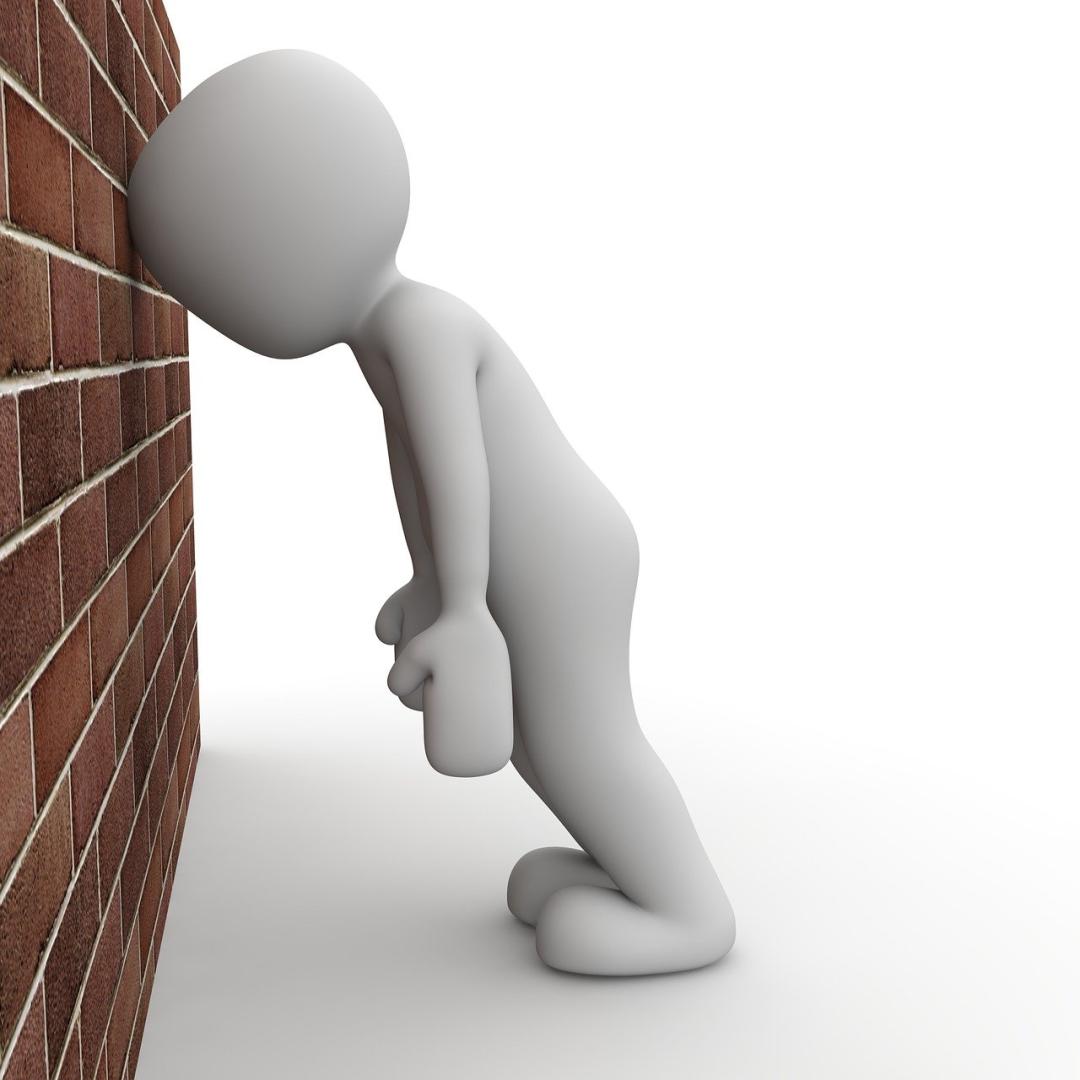Sadly, it seems every week we hear about someone in the news who has died by suicide. Suicide continues to be one of the leading causes of death in the United States (CDC). Young, old…suicide doesn’t discriminate. Yet, suicide is preventable.
Why do so many people feel hopeless and despairing? We know mental illness accounts for less than half of the suicide cases, so what else is going on with people not suffering from mental health issues?
When researchers study causes of suicide, they find relationship loss or problems, substance misuse, physical health problems and stress related to work, money, legal issues, or housing to be significant factors. And while it is important to learn the warning signs, pay attention to those who are depressed. Something prompts the flash flood of negative emotions that create a tipping point to prompt an attempt.
Roy Baumeister, a Florida State University psychologist, once described suicide as an escape from the self. There is something intolerable going on inside a person to make this choice. According to Baumeister, a person can live a better than average life which can create unreasonable standards for happiness. When the going gets tough, they have a harder time coping with failures whether those are financial difficulties, going from married to single or adjusting to a new state in life. This “fall from grace” is humiliating, especially when you don’t have a spiritual foundation to understand grace.
When grace is not understood or hard to receive, the suicidal person often becomes self-loathing or self-blaming. Other people may be viewed as “good” but the suicidal person sees himself as “bad.” From this low opinion of the self comes feelings of worthlessness, shame, guilt, inadequacy, and rejection. And while we are all sinners, the inability to receive God’s grace and be known as a person of worth because we belong to God, is difficult or missing from the mind of someone so self-loathing.
For some, comparisons come in to play when it comes to considering suicide. The person is highly aware of his or her shortcomings as compared to others. This perception can lead to loneliness and distance. And when you isolate and feel like you don’t measure up, the mind can easily go negative.
Anxiety from all the self-blame and guilt is on-going. It is as if suicide is the end of psychological pain, a sort of loss of consciousness from the pain of living. Present moments seem interminable. The future is hard to picture and looks hopeless. There is an emotional deadness that develops over time and ends with an attempt or an act.
Some people who complete suicide have been exposed to pain–physical, emotional or relational. This tolerance of pain lowers the fear of death and enables the person to do what physically hurts. The exposure to pain coupled with heritable traits of impulsivity, fearlessness, and pain tolerance, in part, explains why suicide runs in families.
When you consider all of the above… superficial connections, constant comparisons and expectations to succeed, with no meaning or purpose in life and no spiritual solution to combat desperation, suicide is a possible way out.
But rather than opting out, people need a place of rest, peace, and contentment, a place to trade their pain and sorrows for hope and healing. They need the Great Physician-the One who gives value, grace, and unconditional love.
If you hear someone talking about suicide, take them seriously. If you notice they have means, take that seriously. If someone feels helpless, hopeless, or trapped with no way of escape, take that seriously. And if you hear statements about self-worth related to self-loathing, pay attention.
The National Suicide Lifeline is 988. Counselors are available for free 24 hours a day, 7 days a week. Anyone can call and all calls are confidential. It is an immediate resource for someone considering suicide.
Ultimately, suicide is based on a lie that there is no hope, no way of escape, no solution to life’s problems. Yet, we know that while we suffer and have emotional and physical pain, God promises His peace and presence. There is always a way of escape that doesn’t include taking your own life. Hope in Him is the strongest prevention. Work with a Christian counselor who can point you to that hope. Get the treatment needed.



